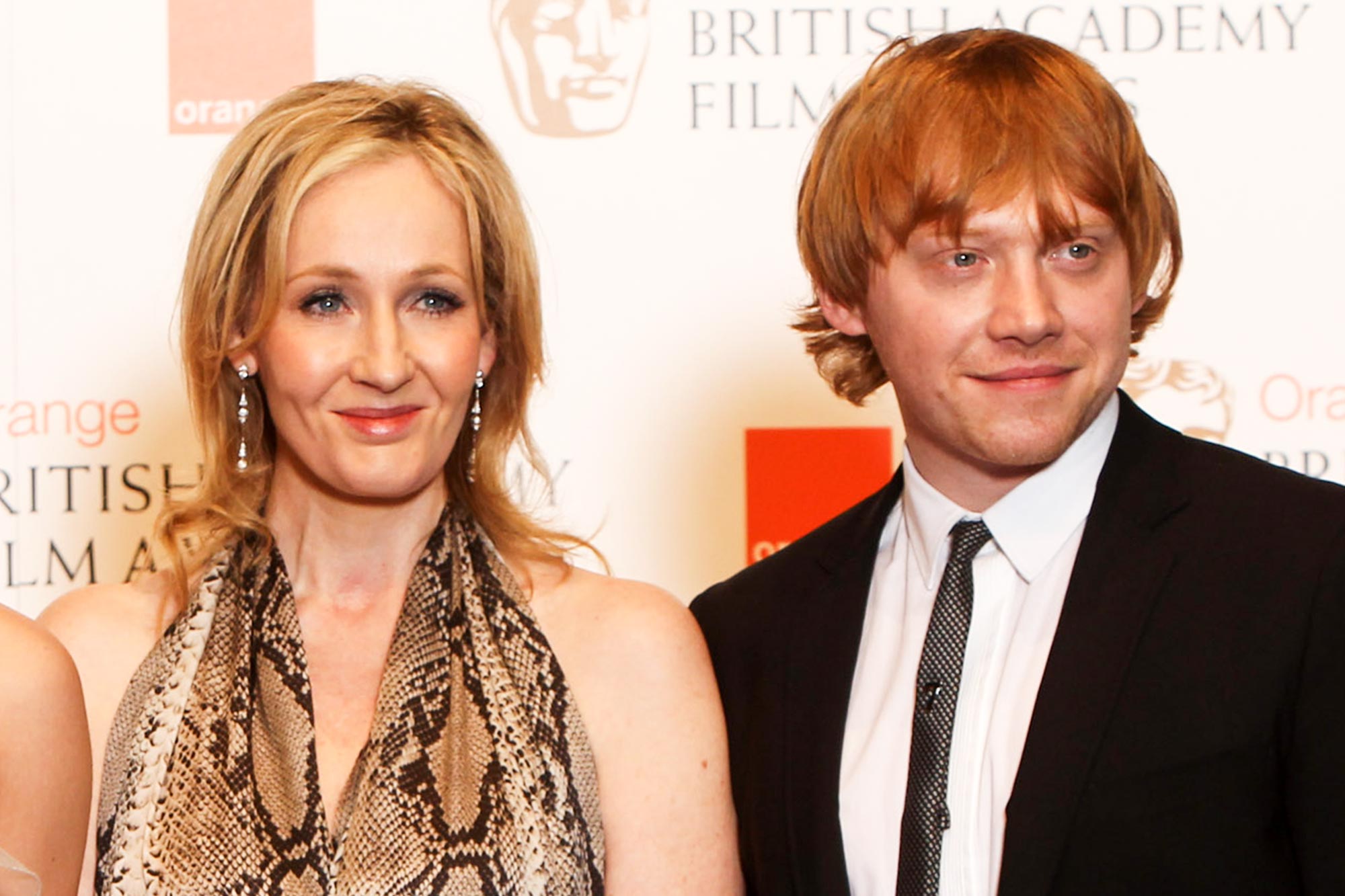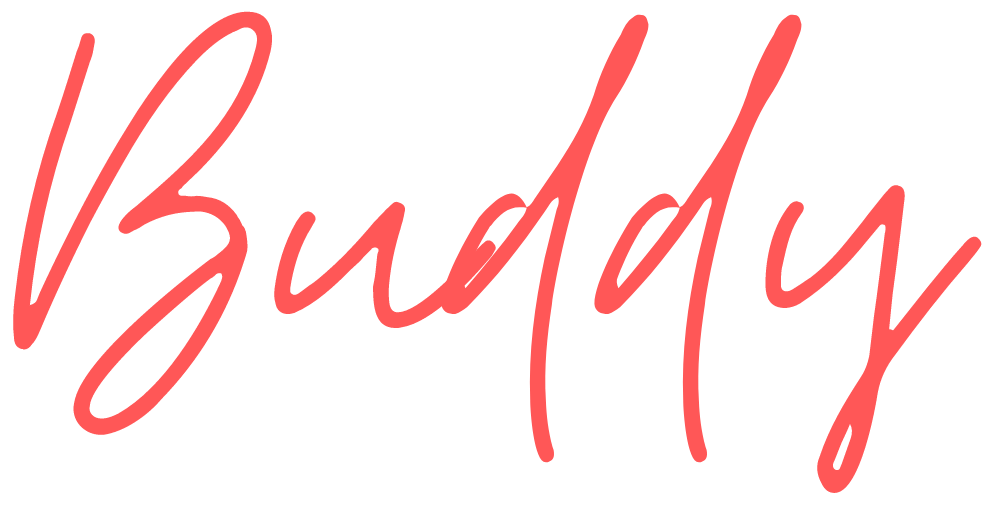J.K. Rowling: More Than Just an Author
Since the advent of her globally successful ‘Harry Potter’ series, J.K. Rowling has emerged as a literary phenomenon, captivating hearts worldwide with her enchanting narrative and complex characters. With fame, however, comes scrutiny, and Rowling’s active social media presence has often become a ground for contention. One such instance was her controversial stance on gender identity, which sparked a wave of reactions, painting a different picture of the beloved author.
The Tweets That Shook the World
The controversy began in 2020, when Rowling tweeted a response to an article, challenging the use of the term “people who menstruate” in favor of “women.” This seemingly innocent remark quickly caught the public’s attention, as it seemed to disregard the existence of transgender men and non-binary individuals who might menstruate.

The Backlash: Accusations of Transphobia
Rowling’s comments ignited a storm of criticism. Advocacy groups, fans, and even celebrities from her own ‘Harry Potter’ franchise accused her of promoting transphobia. However, Rowling defended her statements, expressing concern over the potential erosion of women’s rights and safety, a sentiment shared by certain feminists. This further divided opinions, making the situation a hotbed of polarization.
Public Outcry and Celebrity Reactions
In the wake of the controversy, many celebrities associated with the Harry Potter franchise distanced themselves from Rowling’s views. Daniel Radcliffe, Emma Watson, and Eddie Redmayne were among the prominent voices that expressed support for the transgender community, stressing the need for love and acceptance. This public disapproval reflected the severe impact of Rowling’s tweets on her reputation.

Questioning Freedom of Speech
One argument in defense of Rowling is the question of freedom of speech. Some believe that Rowling, like everyone else, is entitled to her own views, however controversial. Yet, this controversy underscores a critical aspect: at what point does freedom of speech become harmful, promoting discrimination or bias?
Implications for Rowling’s Legacy
There’s no doubt that the backlash from the Twitter controversy has left a mark on Rowling’s illustrious career. Questions arise regarding the extent to which her personal views may impact her professional life. Many fans of the ‘Harry Potter’ series have grappled with their love for the books and their disappointment in the author’s comments.
The Author’s Response
Rowling has been firm in her stance, even releasing a lengthy essay defending her tweets and expressing her concerns about the direction of modern gender identity discussions. While some see it as an unapologetic reinforcement of her transphobic views, others interpret it as a brave move against cancel culture.
Conclusion: A Controversial Legacy
While it’s clear that J.K. Rowling’s views on gender identity have stirred considerable controversy, it’s also essential to consider the impact these public discourses have on society. Freedom of speech is a double-edged sword. This incident poses a crucial question: how do we balance freedom of expression with the responsibility to promote acceptance and equality?
Ultimately, the controversy surrounding Rowling’s Twitter activity serves as a stark reminder of the societal implications of public figures voicing divisive views. Even as the author of a series built on themes of acceptance and love, Rowling’s legacy may forever be tinted by this controversy.
